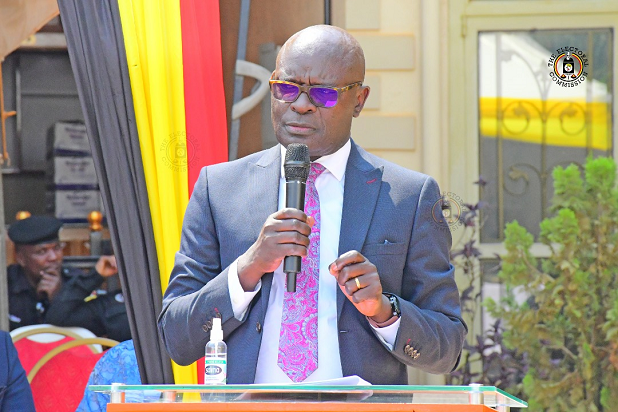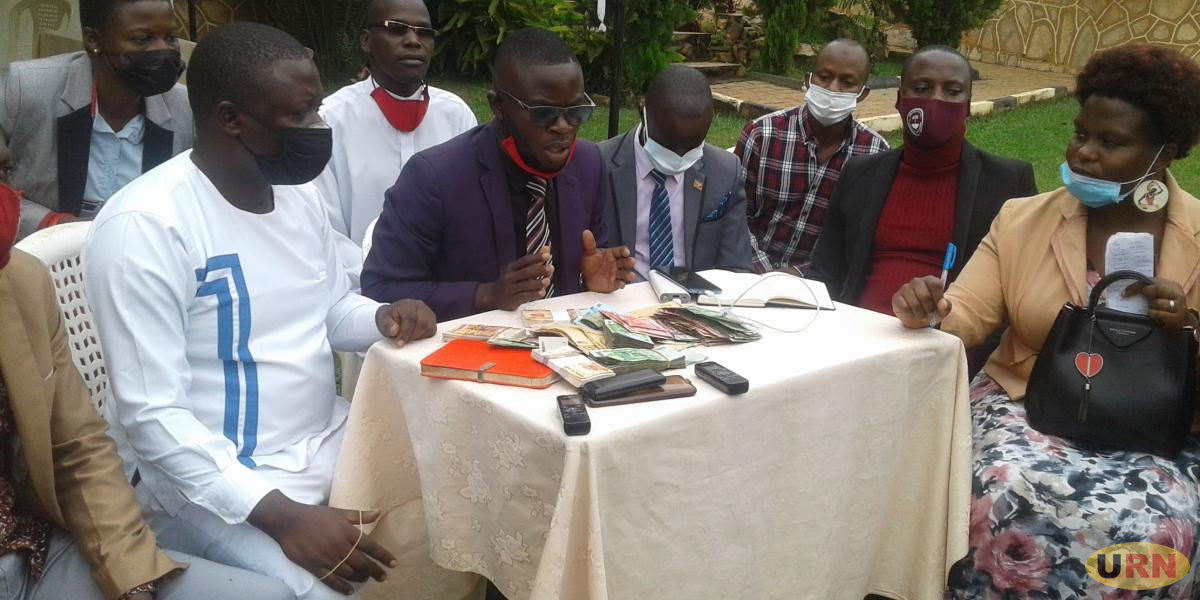The Judiciary has shockingly blamed the skyrocketing case backlog within in courts on witchcraft, where people are hiring services of traditional healers to prolong the cases on court records.
The Chief Registrar, Sarah Langa at the Judiciary made the revelation while appearing before the Legal and Parliamentary Affairs Committee to present the 2023/2024 ministerial policy statement for the Judiciary, where she was responding to concerns raised by MPs on the increasing case backlog in courts of law.
“There are many challenges to case backlog. I learnt recently and this is purely off record there is something called witchcraft which has come in. I understand, it is in court to frustrate cases particularly land matters. I was amazed to hear about it. I was amazed to hear about cases that always fail for particular reasons; we have interesting problems,” explained Langa.
Although the Chief Registrar refused to divulge details on who are championing witchcraft in Judiciary, she highlighted the magnitude of case backlog revealing that currently, Supreme Court has 316, Court of Appeal 5234, High Court circuits 18,049, High Court Divisions 9952 whose files are gathering dust in courts of law.
Langa also revealed that the Chief Magistrates Court has 9933, Grade I Magistrates have 2392, and Grade II Magistrate Courts have 36 cases.
Her remarks were in response to queries raised by Fox Odoi (West Budama North East) who raised queries on the competence of Justices on the Supreme Court where he pointed out information from the documents submitted by the Judiciary indicating that out of the 120 cases that the Supreme Court planned cases to handle, only 10 cases were handled, of these 8 were civil, while 2 criminal, a dismal performance the Judiciary blamed on closure of the supreme court.
However, Odoi rubbished the excuse of closure of courts saying the case backlog cuts through all courts of law.
“Look at the reason, this reason can’t fly. There must be some other reason. If this (performance) doesn’t worry you, then I don’t know what will. I know it is important to have physical space, but for criminal appeals, why didn’t they resort to virtual sessions? It is only the submission from the lawyers, but at the court of appeal, they are dealing with the law not evidence,” said Odoi.
Odoi also questioned how the Judiciary measures the performance of judges given the low disposal rates in the 2022/2023 Financial Year where Court of Appeal handled 446 cases between July –December 2022 out of the planned 1609, High Court Circuit handled 9631 cases out of the projected 17,236, Magistrates Courts handled 100,227 cases out of 191,000.
“How do you assess the performance of your judicial officers? Of course without undermining quality for quantity, are you yourself convinced that the reason you gave for this underperformance are the real reasons or you want us to look elsewhere?” asked Odoi.
According to the Judiciary, in 2023/2024 the cost of handling 120 cases at the Supreme Court will cost Shs7.704Bn, while the disposal of 989cases at court of appeal will cost Shs16.731Bn, High Court intends to dispose of 45,984 cases at a cost of Shs71.558Bn while the Chief Magistrates courts intend to handle 230,522 cases at a cost of Shs88.924Bn.
In the 2023/2024 national budget, the Judiciary has been allocated Shs381.952Bn of which Shs108.767Bn will go towards payment of wages, Shs209.830 for non-wage items while Shs63.010Bn for development.





